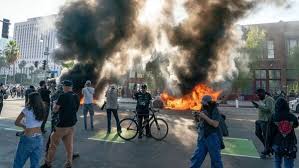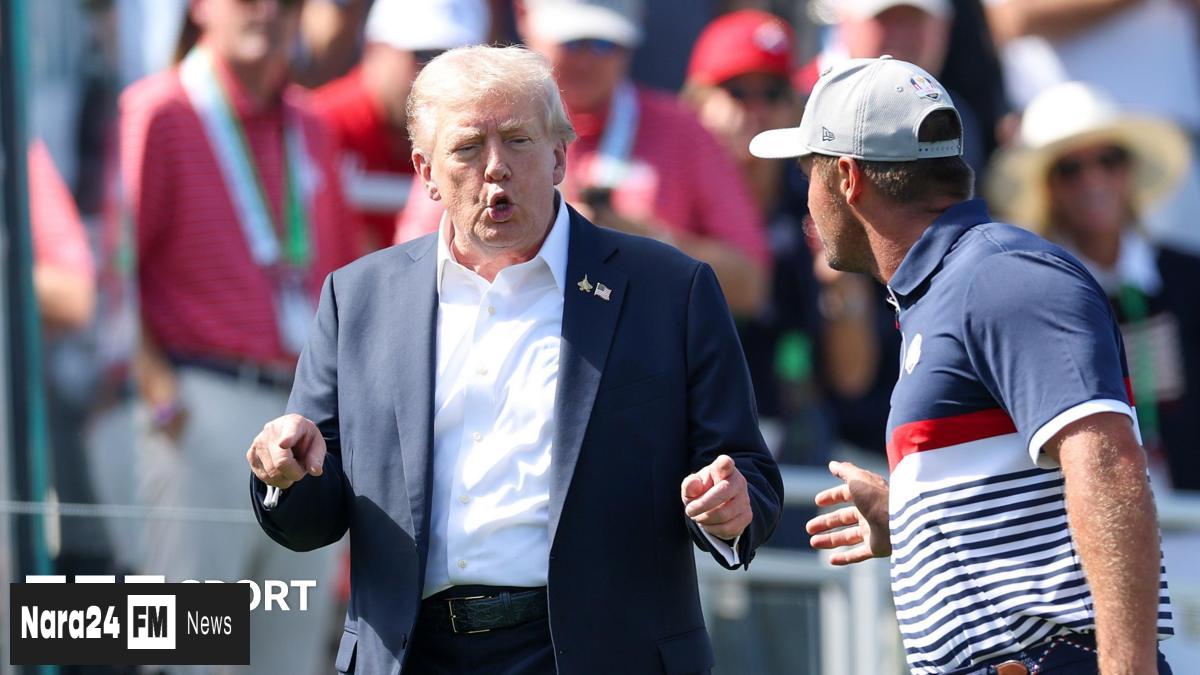California Governor Gavin Newsom has initiated legal proceedings against the federal government, challenging President Donald Trump's controversial decision to deploy thousands of military personnel to Los Angeles. The Governor characterized the move as an unlawful maneuver designed to serve political interests rather than public safety.
Newsom revealed on Tuesday, June 10th, 2025, via a social media statement that the administration planned to send an additional 2,000 California National Guard members to the city. He sharply criticized the rationale behind the deployment, stating it was primarily intended "to stroke a dangerous president’s ego." Newsom further alleged that troops already stationed in the area were facing inadequate logistical support, including shortages of essential supplies like food and water.
The Pentagon confirmed the mobilization. Spokesperson Sean Parnell stated, "At the order of the President, the Department of Defense is mobilizing an additional 2,000 California National Guard to federal service. This action supports ICE and facilitates the safe execution of duties by federal law enforcement officers."
Marines Deployed, Sparking Constitutional Debate
In a related development, Defense Secretary Pete Hegseth announced the deployment of approximately 700 U.S. Marines from Camp Pendleton to the Los Angeles region. "We have an obligation to defend federal law enforcement officers – even if Gavin Newsom will not," Hegseth declared, framing the action as necessary for officer protection.
Governor Newsom vehemently disagreed with this justification. He countered on social media, "US Marines serve a valuable purpose for this country – defending democracy. They are not political pawns." He accused the Defense Secretary of illegally deploying active-duty military personnel onto American streets to provide President Trump with "a talking point at his parade this weekend," labeling it "a blatant abuse of power." Newsom confirmed, "We will sue to stop this."
California Attorney General Rob Bonta will join the lawsuit, arguing that the federal deployments circumvent state authority and violate constitutional principles limiting the use of federal troops for domestic law enforcement, a practice considered highly unusual and contentious within the United States.
Protests Erupt Nationwide Following ICE Operations
The military mobilization occurs amidst escalating tensions fueled by reported Immigration and Customs Enforcement (ICE) raids across Los Angeles. Demonstrations initially erupted in downtown LA on Friday, June 7th, and have since proliferated across the nation.
Protests have been documented in cities including Tampa, Florida; Boston, Massachusetts; and Houston, Texas. Solidarity actions also occurred in Austin and Dallas. In Austin, over 100 protesters marched to the JJ Pickle Federal Building, an ICE facility, resulting in clashes with police who eventually deployed tear gas after declaring an unlawful assembly. Conversely, a gathering of roughly 400 demonstrators in Dallas at the Margaret Hunt Hill Bridge remained peaceful, according to local sources.
Los Angeles Mayor Karen Bass confirmed at least five ICE raids occurred on Tuesday, including one incident near her grandson's school, highlighting the operations' proximity to sensitive community locations. Police in Santa Ana, approximately 30 miles southeast of LA, also acknowledged ongoing immigration enforcement actions within their jurisdiction, triggering further local protests.
Administration Stands Firm Amid Growing Opposition
Vice President JD Vance offered staunch support for the administration's stance, posting online, "This administration will not be intimidated by lawlessness. President Trump will not back down."
Despite the burgeoning legal challenge led by California and the widening wave of public dissent, President Trump reaffirmed his decision on Tuesday, authorizing the deployment of the additional 2,000 National Guard personnel to California. This sets the stage for a significant legal and political confrontation over the limits of presidential power, states' rights, and the role of the military in domestic affairs.








Comments (0)
Leave a Comment
Be the first to comment on this article!